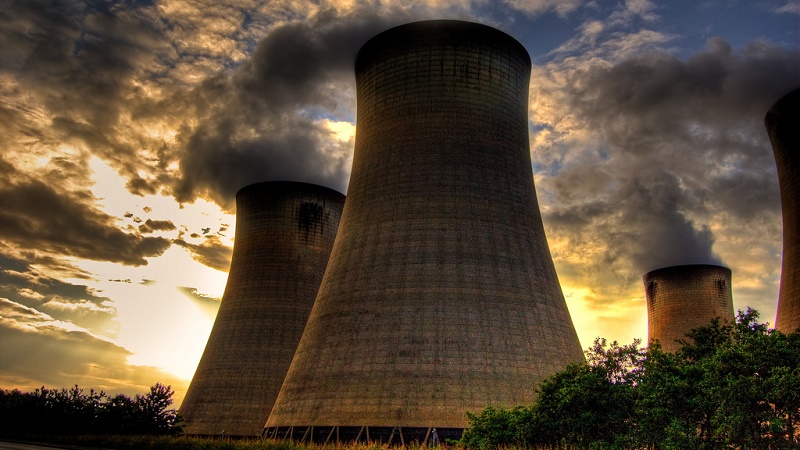The UK government announced on Friday how it expects to phase out coal generation by 2025 — by making it impossible for plants to generate without as-yet unproven carbon capture and storage technology.
In its response to a consultation, the government said it will legislate to limit power plants to 450 grams of carbon dioxide for each kilowatt hour of electricity produced — effectively ruling out coal power without technology that captures emissions.
The government intends to allow coal power plants to continue to compete in the UK’s capacity market, however. This is a mechanism to make sure there is enough generation capacity to meet demand spikes. Coal generators will receive more than £650 million ($880m) over the next five years to stay online, the Energy and Climate Intelligence Unit estimates.
The plan would also allow biomass power plants to continue to burn some coal so long as they operate under the emissions limit.
The government originally announced the UK’s plan to phase out coal in 2015. It is also a driving force behind a global alliance launched in 2017 to “power past coal”, which counts 17 countries as members.
Report: One in seven coal power plant owners are heading for the exit
Friday’s announcement was met with cautious optimism by environmental analysts.
Sam Hall, senior research fellow with the conservative thinktank, Bright Blue, said it was “excellent news”.
“Closing coal is one of the cheapest and most effective ways to cut carbon dioxide emissions. It also brings benefits for air quality and for industrial strategy by encouraging cleaner forms of electricity generation.
“The government should be congratulated on their international leadership on this critical issue. By launching with Canada the powering past coal alliance last year, the UK is making a significant contribution to global efforts to tackling climate change.”
Dr Jonathan Marshall, from the Energy and Climate Intelligence Unit, said the delivery plan meant it was “delivering on the top line of a 2025 closure”. However, “the government’s decision to allow coal plants to compete in the capacity market on equal footing until then looks like something of a missed opportunity.
“In light of recent rhetoric, observers could have expected a stronger move from the government, that would utilise the market to remove coal generation as soon as possible rather than handing it another lifeline,” he said.
The government’s response comes days after it was revealed that the more than half of the electricity generated in the UK came from low carbon sources such as wind, solar, and nuclear power for the first time in 2017.
This article was originally published on DeSmog UK
